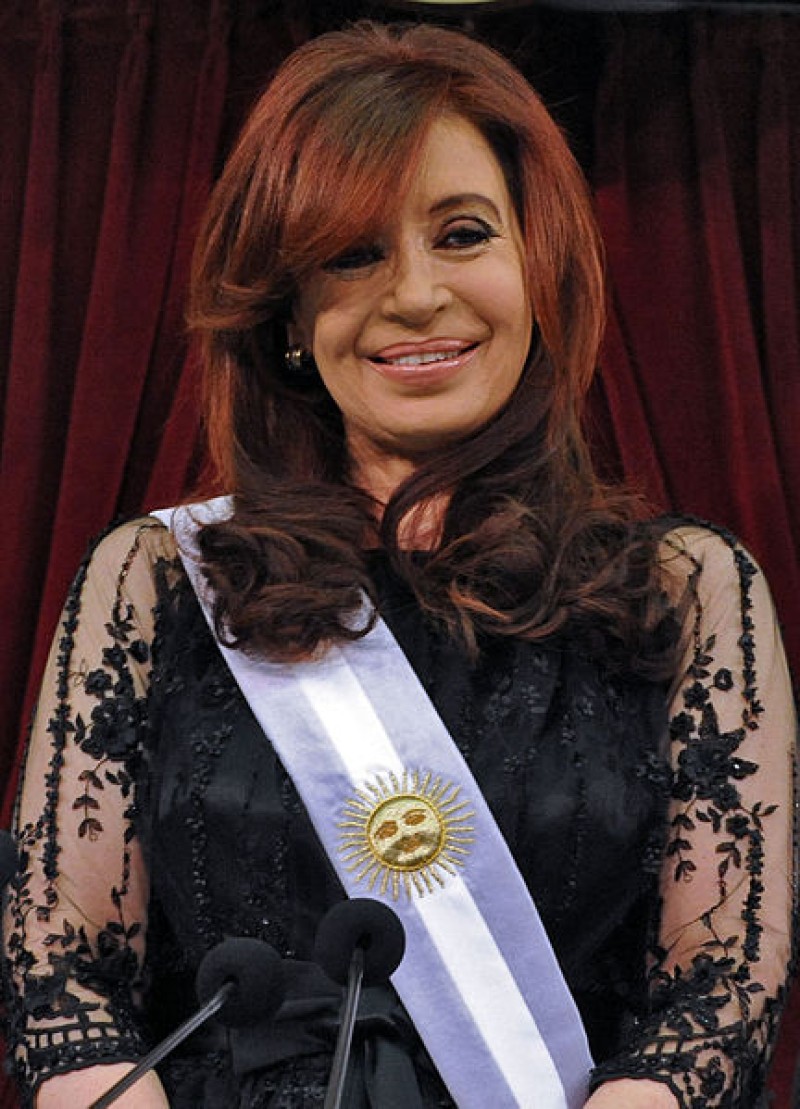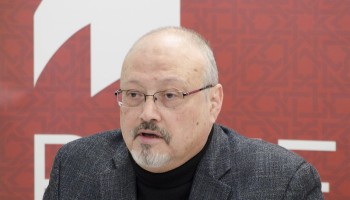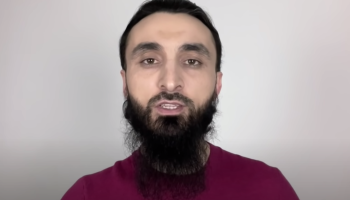The federal judge, Claudio Bonadio, accused Fernandez on Thursday in a 491-page ruling of concealing Iran’s role in the 1994 attack that killed 85 people in exchange for trade agreements with the country. She allegedly made the grain-for-oil deal in 2013, which resulted in Iranians accused of participation in the bombing to purportedly avoid prosecution.
The ruling is based off an investigation from 2015 by prosecutor Alberto Nisman who was found shot dead in his home a few days after presenting his case against Fernandez in court and hours before he was expected to brief Congress on his findings. His death was officially classified as a suicide.
Judge Bonadio also charged former Foreign Minister Hector Timerman for possible involvement.
Fernandez is expected to begin a term as senator on Sunday. The post will give her immunity from arrest, yet with two-thirds of votes from the Senate Fernandez can be stripped of this privilege. Bonadio requested for her arrest to be allowed. Fernandez already faces several unrelated corruption charges.
In Argentina, treason is punishable by a 10 to 25 year prison sentence.
On Thursday, Fernandez denied any wrongdoing during a press conference, saying that the deal "was an act of foreign policy that cannot be prosecuted…From the legal point of view, it is nonsense" to suggest signing the deal amounted to "treason," reported Radio Free Europe/Radio Liberty.
She also claimed her indictment was politically motivated. She accused President Mauricio Macri of planning the prosecution to divert attention away from controversial reforms.
“We will not be silent, we will not get scared,” Fernandez said, according to The New York Times.






